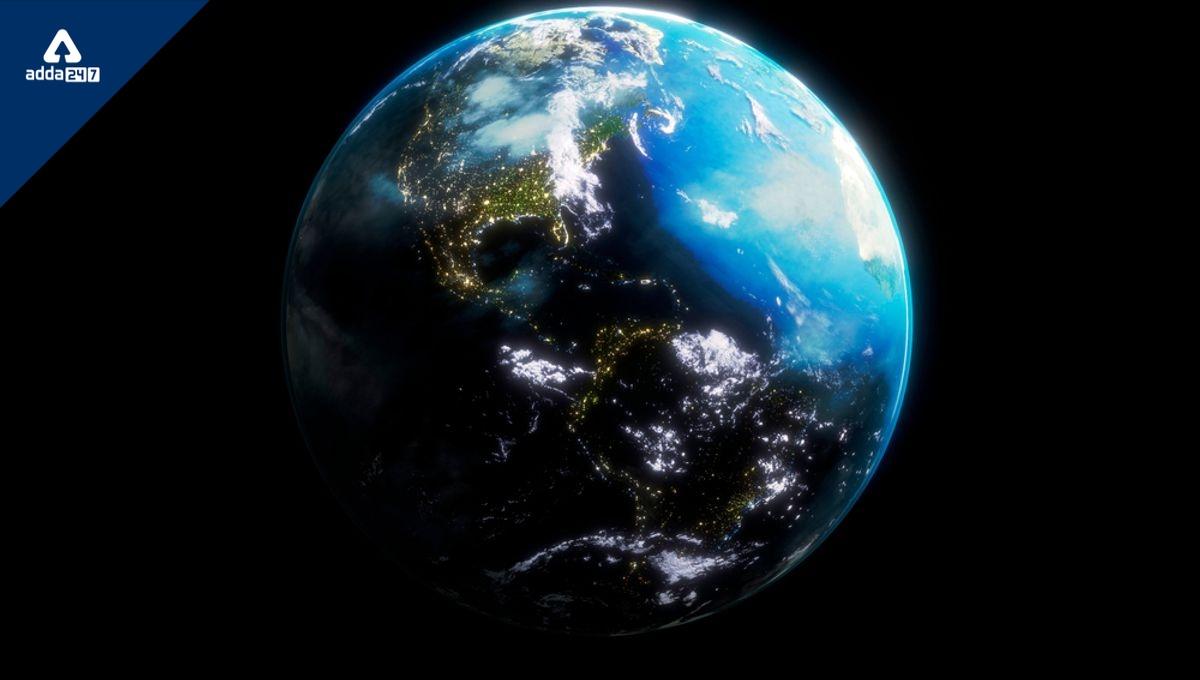Earth’s Shortest Day
The Earth has set up a new record of completing a full spin in 1.59 milliseconds and completing a full rotation in less than 24 hours on 29th July 2022. Earth has increased the speed of its rotations recently. Earlier in 2020, on 19 July Earth recorded it as the shortest day of all time that year. Earth completed its rotations in 1.47 milliseconds which is lesser than the standard 24 hours.
In 2021, the planet continued to spin at its increased rate but did not record any unusual rotation. The increased speed in Earth’s rotation is still unknown, however, scientists are considering the processes in the inner or outer layer of the core, oceans, tides, and climatic changes as the reason behind this.
Impact of Earth’s Fast Rotations
The spinning of Earth at this speed is fascinating as well as concerning because if the earth continues to spin at this rate, it can introduce a negative leap second. The negative leap second can have confusing consequences for electronic gadgets like smartphones, computers, and other communication devices or systems.
Key Points
- Earth records the shortest day of the year on 29 July.
- Earth Completed a full spin in 1.59 milliseconds.
- The last record was noted on 19 July 2020, in which Earth completed its rotation in 1.47 milliseconds.
- Scientists are suspicious about the reason behind this. Till now, it is unknown but some theories suggest that it may be a cause of climate change, and processes of tides.
- Earth can be introduced to a Negative Leap Second at this speed which can cause harm to communication systems.



 Indian Olympic Medal Winners List Till N...
Indian Olympic Medal Winners List Till N...
 Who is the Inventor of the Gramophone?
Who is the Inventor of the Gramophone?
 HS Dhaliwal Appointed New DGP Of Andaman...
HS Dhaliwal Appointed New DGP Of Andaman...
